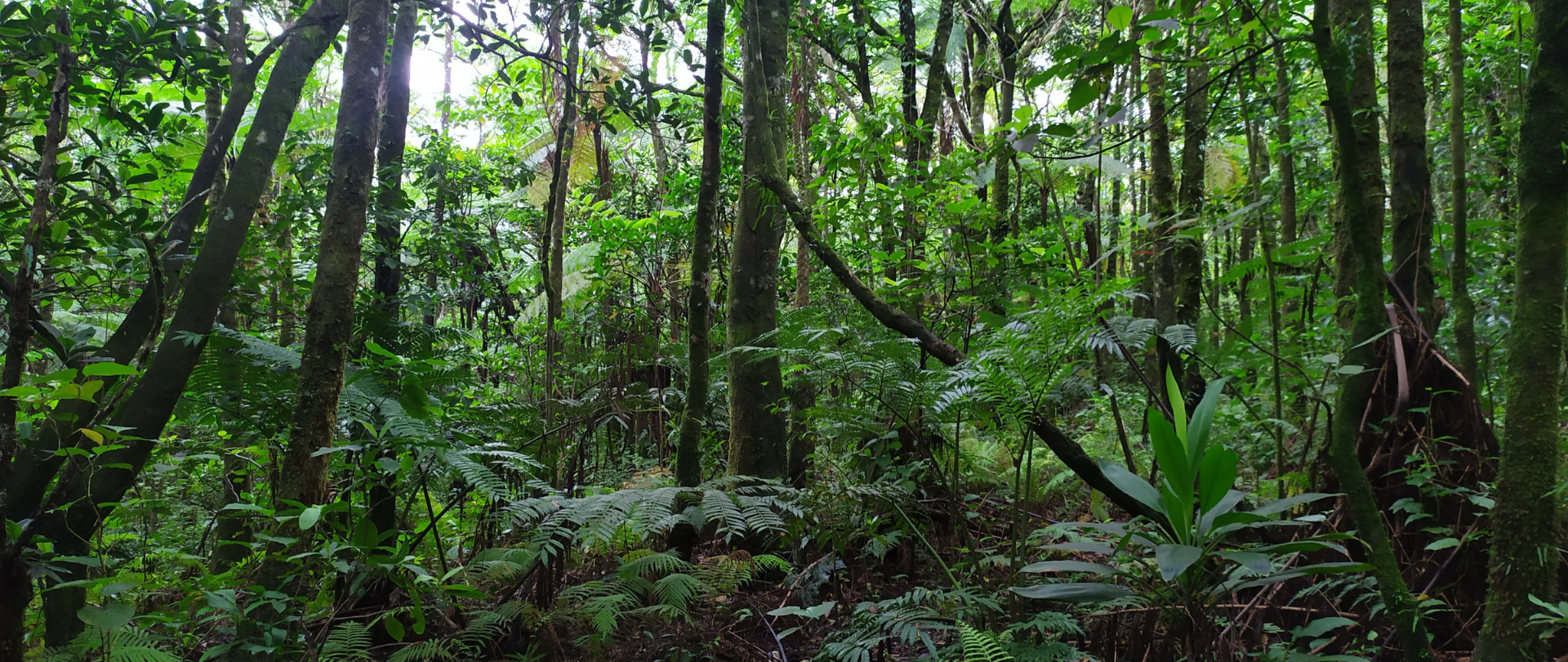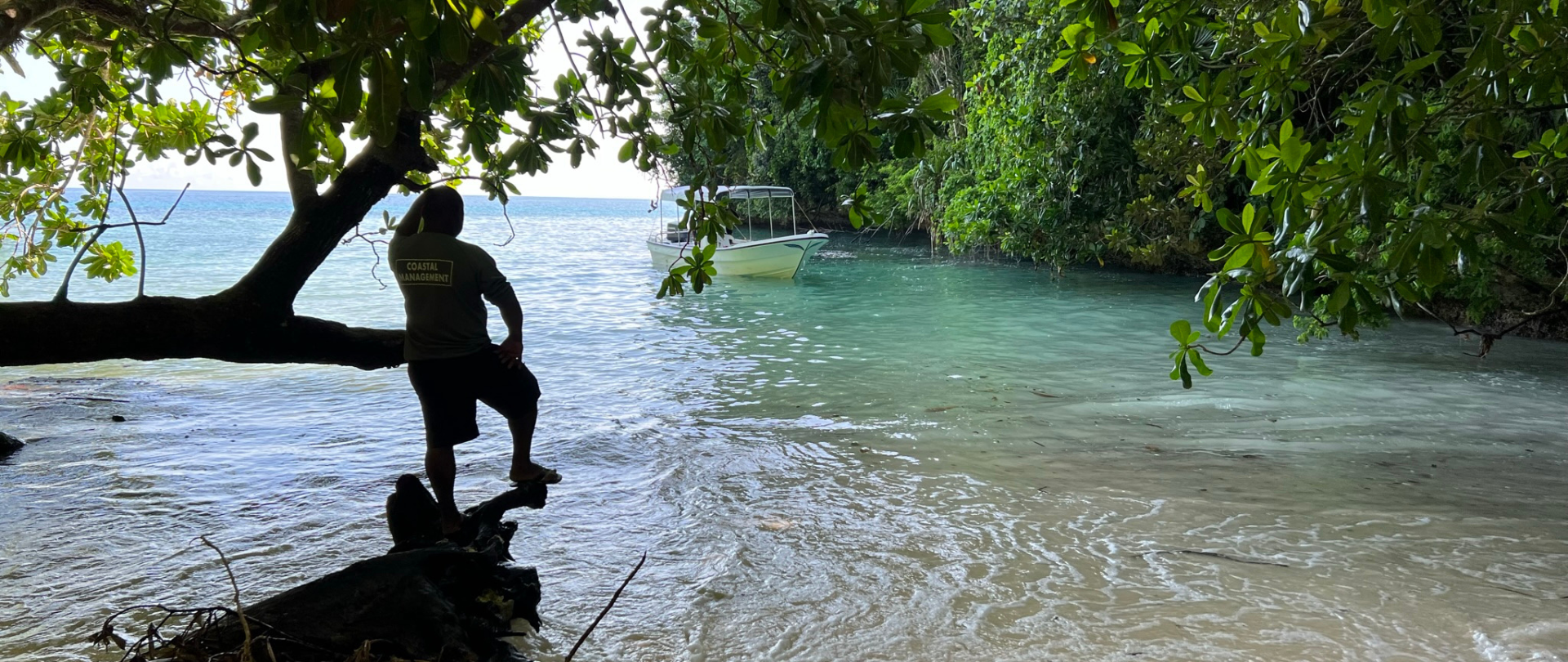October 29, 2025
Data Shows Endangered Palau Ground Doves Swiftly Recovering After Successful Palauan Island Conservation Effort
Astounding evidence of recovery on Ulong Island in Palau after just one year!
Published on
November 30, 2016
Written by
Ray
Photo credit
Ray

Following invasive species removal on Macquarie Island, Tasmania, Australia numerous seabird species are rebounding.
For decades, introduced predators and grazers wreaked havoc on Macquarie Island, deep in the Southern Ocean. Until recently, globally important seabird populations were at immediate risk of being lost and unique sub-Antarctic ecosystems were being destroyed. However, since the last feral cats, rabbits, and rodents were successfully removed, the status of the breeding seabirds has been re-assessed by Birdlife Australia for its national IUCN Red-list of Threatened Australian Birds. The news is very positive.
Birdlife Australia maintains a public national Red-list with up-to-date information on Australian birds and their conservation status. On Macquarie Island, populations of eight bird species have either stabilized or recovered, and direct threats from predation or habitat loss from grazing have been removed. As a result, these eight native species have been deemed less likely to go extinct and their conservation statuses can be down-listed. The species undergoing status changes are the Light-mantled Albatross (from Endangered to Least Concern), Blue Petrel (Critically Endangered to Vulnerable), Antarctic Prion (Endangered to Least Concern), White-headed Petrel (Endangered to Least Concern), Common Diving-Petrel (Vulnerable to Least Concern), and the South Georgian Diving-Petrel (Vulnerable to Least Concern). An additional six seabird species will not have immediate changes in status, but in most cases, encouraging signs of recovery are evident.

Although down-listing at a national level may not dramatically affect global IUCN listing of these species in all cases, this is the single largest down-listing of threatened species ever proposed in Australia. A number may also be down-listed under national legislation, although there are also good reasons that higher threat status should be retained for globally distributed seabirds.
At one point, the seabirds and ecosystems of Macquarie Island were under immediate threat of being lost due to predation and over-grazing. The turnaround following the removal of all invasive animals has been dramatic. The Tasmanian and Australian Governments, together with an international team of experts, has achieved one of the most significant island restoration projects ever undertaken.
Note:
A number of the people who worked on the Macquarie Island restoration project, such as Karen Andrew and Finn the Wonder Dog, have since been involved in other island restoration projects with Island Conservation
Featured photo: Snow on Macquarie Island. Credit: Natalie Tapson
Check out other journal entries we think you might be interested in.

October 29, 2025
Astounding evidence of recovery on Ulong Island in Palau after just one year!

July 31, 2025
Our Seasonal Monitoring Specialist, Cozette Romero, shares her experience on Tofua in Tonga!

May 19, 2025
Read our position paper on The 3rd United Nations Ocean Conference (UNOC 3) to see why we're attending and what we aim to accomplish!

December 4, 2024
Ann Singeo, founder of our partner organization the Ebiil Society, shares her vision for a thriving Palau and a flourishing world of indigenous science!

November 22, 2024
This historic agreement aims to protect the marine and coastal areas of the Southeast Pacific.

November 18, 2024
Our projects to restore key islets in Nukufetau Atoll forecast climate resilience and community benefits in Tuvalu!

October 3, 2024
Island Conservation and partners have published a new paper quantifying ecosystem resilience on restored islands!

September 10, 2024
Climate Week NYC: what is it and why is it important? Read on to find out why Island Conservation is attending this amazing event!

September 5, 2024
With sea levels on the rise, how are the coastlines of islands transforming? Read on to find out how dynamic islands really are!

August 27, 2024
Three Island-Ocean Connection Challenge projects in the Republic of the Marshall Islands bring hope for low-lying coral atolls!